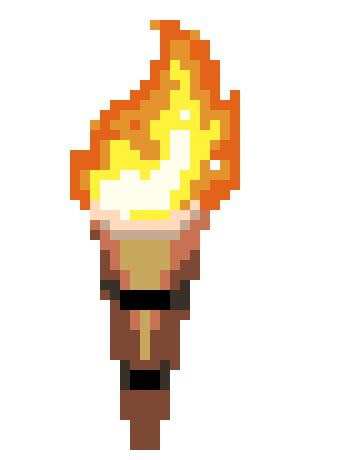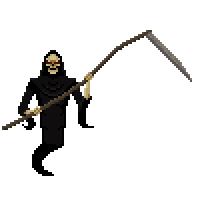http://www.nytimes.com/2007/04/11/books/11cnd-vonnegut.html?_r=1&hp&oref=slogin
Kurt Vonnegut, whose dark comic talent and urgent moral vision in novels like “Slaughterhouse-Five,” “Cat’s Cradle” and “God Bless You, Mr. Rosewater” caught the temper of his times and the imagination of a generation, died Wednesday night in Manhattan. He was 84 and had homes in Manhattan and in Sagaponack on Long Island.
Skip to next paragraph Multimedia
Slide Show Kurt Vonnegut
Related
Reviews of Kurt Vonnegut's Books »
His death was reported by Morgan Entrekin, a longtime family friend, who said Mr. Vonnegut suffered brain injuries as a result of a fall several weeks ago.
Mr. Vonnegut wrote plays, essays and short fiction. But it was his novels that became classics of the American counterculture, making him a literary idol, particularly to students in the 1960s and ’70s. Dog-eared paperback copies of his books could be found in the back pockets of blue jeans and in dorm rooms on campuses throughout the United States.
Like Mark Twain, Mr. Vonnegut used humor to tackle the basic questions of human existence: Why are we in this world? Is there a presiding figure to make sense of all this, a god who in the end, despite making people suffer, wishes them well?
He also shared with Twain a profound pessimism. “Mark Twain,” Mr. Vonnegut wrote in his 1991 book, “Fates Worse Than Death: An Autobiographical Collage,” “finally stopped laughing at his own agony and that of those around him. He denounced life on this planet as a crock. He died.”
Not all Mr. Vonnegut’s themes were metaphysical. With a blend of vernacular writing, science fiction, jokes and philosophy, he also wrote about the banalities of consumer culture, for example, or the destruction of the environment.
His novels — 14 in all — were alternate universes, filled with topsy-turvy images and populated by races of his own creation, like the Tralfamadorians and the Mercurian Harmoniums. He invented phenomena like chrono-synclastic infundibula (places in the universe where all truths fit neatly together) as well as religions, like the Church of God the Utterly Indifferent and Bokononism (based on the books of a black British Episcopalian from Tobago “filled with bittersweet lies,” a narrator says).
The defining moment of Mr. Vonnegut’s life was the firebombing of Dresden, Germany, by Allied forces in 1945, an event he witnessed firsthand as a young prisoner of war. Thousands of civilians were killed in the raids, many of them burned to death or asphyxiated. “The firebombing of Dresden,” Mr. Vonnegut wrote, “was a work of art.” It was, he added, “a tower of smoke and flame to commemorate the rage and heartbreak of so many who had had their lives warped or ruined by the indescribable greed and vanity and cruelty of Germany.”
His experience in Dresden was the basis of “Slaughterhouse-Five,” which was published in 1969 against the backdrop of war in Vietnam, racial unrest and cultural and social upheaval. The novel, wrote the critic Jerome Klinkowitz, “so perfectly caught America’s transformative mood that its story and structure became best-selling metaphors for the new age.”
To Mr. Vonnegut, the only possible redemption for the madness and apparent meaninglessness of existence was human kindness. The title character in his 1965 novel, “God Bless You, Mr. Rosewater,” summed up his philosophy:
“Hello, babies. Welcome to Earth. It’s hot in the summer and cold in the winter. It’s round and wet and crowded. At the outside, babies, you’ve got about a hundred years here. There’s only one rule that I know of, babies — ‘God damn it, you’ve got to be kind.’ ”
Mr. Vonnegut eschewed traditional structure and punctuation. His books were a mixture of fiction and autobiography, prone to one-sentence paragraphs, exclamation points and italics. Graham Greene called him “one of the most able of living American writers.” Some critics said he had invented a new literary type, infusing the science-fiction form with humor and moral relevance and elevating it to serious literature.
He was also accused of repeating himself, of recycling themes and characters. Some readers found his work incoherent. His harshest critics called him no more than a comic book philosopher, a purveyor of empty aphorisms.
With his curly hair askew, deep pouches under his eyes and rumpled clothes, he often looked like an out-of-work philosophy professor, typically chain smoking, his conversation punctuated with coughs and wheezes. But he also maintained a certain celebrity, as a regular on panels and at literary parties in Manhattan and on the East End of Long Island, where he lived near his friend and fellow war veteran Joseph Heller, another darkly comic literary hero of the age.



